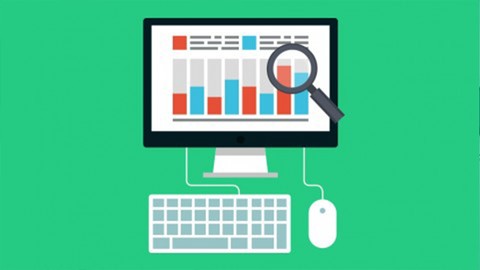By the time he commenced working on Cash in the Twenty-1st Century, he experienced an benefit above former writers on inequality: an unparalleled historic databases on taxes, incomes and wealth, typically on the US and a couple European nations. “The principal particularity of my pondering is that I can base my analyses on data series up right up until now,” he suggests. By contrast, he remarks sympathetically, Karl Marx experienced “very skinny data.”
In Cash in the Twenty-1st Century, Piketty marshalled his data to demonstrate that the level of return on money has normally exceeded the level of economic growth. This suggests that entrepreneurs of wealth will get steadily richer than normal earnings-earners—unless incredible shocks or high taxes ruin wealth.
Shocks and taxes clarify the a single halcyon time period of relative equality in western history, 1914-1980. Globe wars, communist revolutions and inflation combined with high taxes to decimate rich people’s property. Franklin D. Roosevelt and European social democratic functions, determined to dissuade personnel from Bolshevism, oversaw a redistribution from rich to weak. From 1932 to 1980, best marginal earnings tax premiums averaged eighty one percent in the US and 89 percent in Britain, Piketty calculated. Abundant Individuals also paid out condition earnings taxes, and better inheritance taxes than wealthy Europeans.
But from 1980, Reagan, Thatcher and their acolytes, as well as article-communist regimes in the former USSR and China, restored the pattern to inequality. Stabile suggests that in most nations this pattern tailed off in about 2000. Nevertheless, inequality only turned an urgent merchandise on the political agenda right after the 2008 economical disaster, when anger grew about the “1 percent” (a principle popularized mostly by Piketty).
Cash in the Twenty-1st Century spoke to article-disaster rage. Piketty’s creating was engaging, obvious, and speckled with vignettes on historic wealth from Balzac and Jane Austen. Improbably, it reached variety a single on the New York Occasions bestseller checklist. (Continue to, not absolutely everyone obtained as a result of it. Jordan Ellenberg, mathematician at the College of Wisconsin, has shown that all five passages that visitors highlighted most on Kindle have been in the book’s 1st 26 webpages.)
Several academic economists in their 40s invest their scarce investigation time creating prolonged publications, when it is generally papers that progress their careers. Philippon of NYU thinks that Piketty’s decision was peculiarly French. “We French have a fetishistic respect for publications,”he suggests. “We think publications are amazing, even if it is not obvious that it is the most effective use of our time or that the academy wants it.” And when you generate a ebook, he adds, you generally return to matters that fascinated you at faculty, before you entered your subject. In Piketty’s case, that was Balzac.
Philippon notes a thing else French about Piketty’s do the job: whereas several American lecturers are content in the ivory tower, “if you’re French, you think it is your position, if it is feasible, to participate in the public debate.” For the reason that Piketty has prioritized reaching the standard public above impressing his peers, the 1st economics Nobel for inequality investigation may perhaps go as an alternative to his close friend Saez.
The gross sales of Cash in the Twenty-1st Century turned Piketty into a a single-percenter himself. How did this have an effect on him? He shrugs: “As a professor I was previously, like, in the best five percent of the earnings distribution, and with copyrights I moved to the best a single percent or .1 percent, so it is not as if I was incredibly reduced to get started with. I would have preferred to fork out 90 percent tax on my copyright. I paid out about 60 percent but I think this is not more than enough. 1st, publications are also speculative marketplaces, so when you provide two.five million copies, it would not imply your ebook is 1,000 occasions better than an individual who bought two,500 copies. I’m not naïve about that. I know how every person at some stage wants to examine the identical book—or get the identical ebook. I also know that this ebook was a product of a collective investigation project. I benefited from a public instruction technique, from the do the job of hundreds of scientists who did not all get copyrights for this. Experienced I stored just 10 percent of the copyrights, it would previously have been a critical tick to my academic wages. There’s seriously no stage providing extra than that.”






